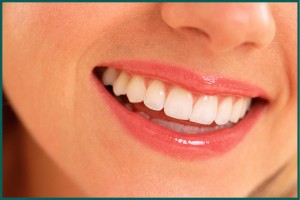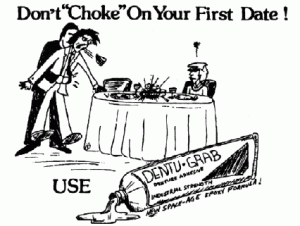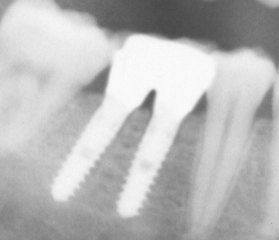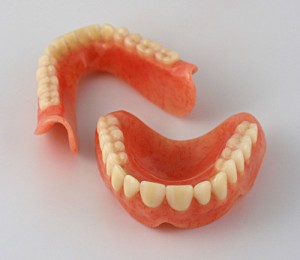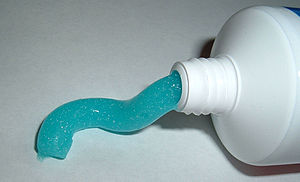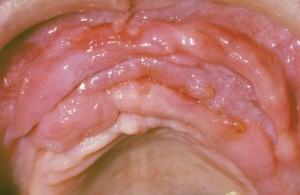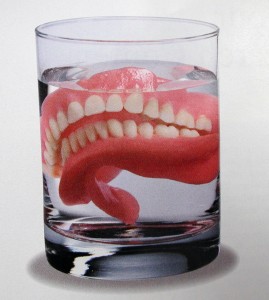
Denture care Picture taken from wednesdayabc.blogspot.com
Denture is a plastic plate coupled with artificial teeth that you place inside your mouth to replace missing teeth. It is a removable item therefore stringent care is required to ensure its longevity.
How to care for dentures?
Do not wear denture to sleep.
- Wearing denture the whole day results in constant pressure on your gums and oral mucosa.
- Leaving it out allows your gums to return to its normal position and rest.
- Without denture in place, the saliva is able to perform its antibacterial effect to maintain a good oral environment.
- You are advised to leave your denture out when you are not using them. Continue reading
 Denture
Denture 